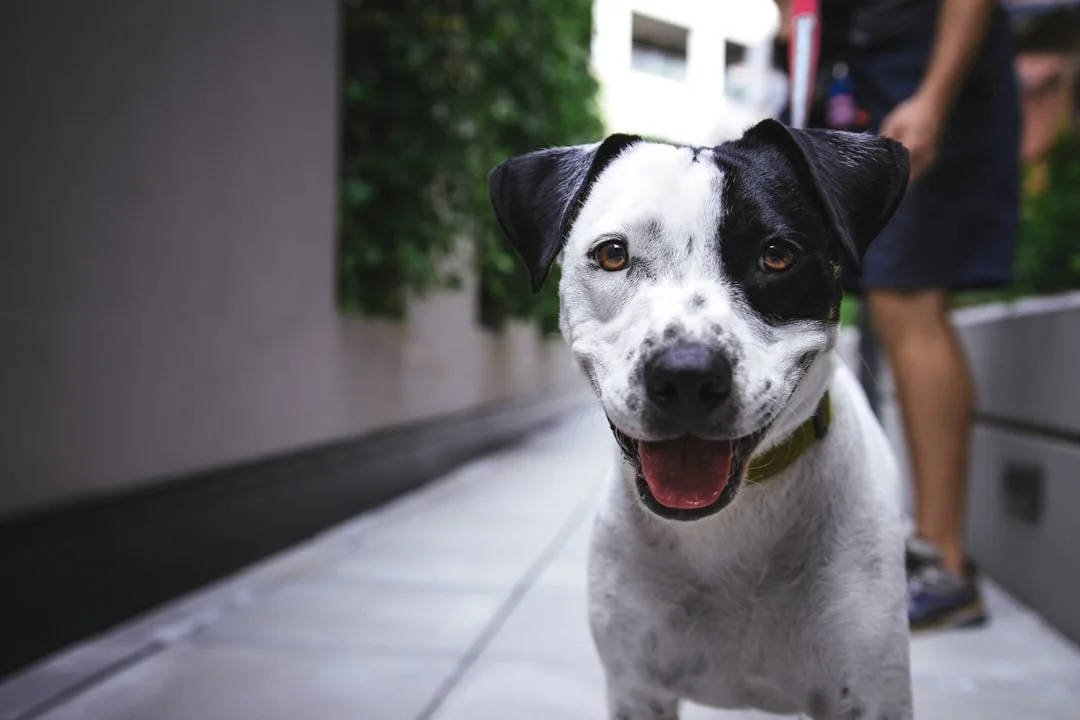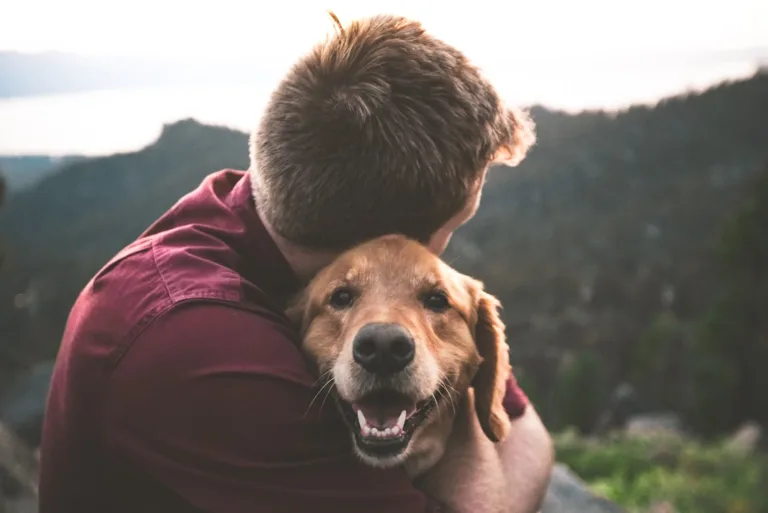In today’s fast-paced world, understanding and effectively communicating with our canine companions is more important than ever. This is where Dog Training Workshops come into play, offering invaluable insights and techniques to help pet owners. These workshops not only enhance the bond between humans and dogs but also create a joyful atmosphere where both can thrive together. By attending these sessions, participants discover practical skills and tips that unleash their pets’ potential, ensuring a harmonious home. Experience the magic that transforms everyday interactions into meaningful connections.
Main Points
- The significance of understanding canine behavior.
- Benefits of fostering a strong bond through training.
- Techniques learned in Dog Training Workshops.
- Creating a positive learning environment for both dogs and owners.

Understanding the Benefits of Dog Training Workshops for Owners and Pets
Engaging in Dog Training Workshops offers numerous advantages for both owners and their furry companions. Firstly, these sessions provide essential guidance, enhancing communication between you and your dog. This fosters a deeper bond, which can alleviate behavioral issues. Secondly, interacting with other pet owners creates a supportive community, invaluable for sharing experiences and tips. Additionally, participants often discover innovative training techniques, enriching their relationship with their four-legged friends.
- Structured Learning: Participants benefit from a planned curriculum that systematically addresses training needs.
- Expert Instruction: Workshops are led by experienced trainers who provide insights tailored to specific challenges.
- Socialization Opportunities: Dogs interact with peers, which is crucial for their social development.
Ultimately, investing time in Dog Training Workshops can lead to a well-behaved dog, promoting tranquility at home.

The Science Behind Effective Dog Training Techniques Revealed
Understanding the science behind effective dog training techniques is crucial for any pet owner. Dog Training Workshops emphasize principles that enhance learning. For instance, positive reinforcement not only encourages desired behaviors but also fosters a trusting relationship between pet and owner. Neurological studies show that consistent commands create neural pathways, leading to improved behavior retention in dogs. It’s fascinating how the methodology of teaching reflects on the dog’s enthusiasm. Engaging techniques can turn obedience into a shared adventure.
How Interactive Workshops Foster Bonding Between Dogs and Their Handlers
Interactive workshops play a crucial role in strengthening the bond between dogs and their handlers. Dog training workshops provide an environment where trust can flourish. These settings encourage communication, helping handlers understand their dogs’ behaviors better. For instance, through various activities, dogs learn to respond to cues more effectively. Additionally, handlers gain insights into their dogs’ instincts and needs, which fosters empathy. This mutual understanding becomes the foundation for a lasting relationship, making these workshops indispensable for dog owners seeking deeper connections.
Choosing the Right Dog Training Workshop: A Comprehensive Guide
Finding the perfect Dog Training Workshop for your furry friend can be a daunting task. With so many options available, it’s essential to evaluate key factors. First, consider the workshop’s teaching methods, as some may use positive reinforcement while others could adopt different approaches. Additionally, check the trainer’s credentials and experience with specific breeds.
- Location: Ensure it’s easily accessible for you and your dog.
- Class Size: Smaller classes often allow for more personalized attention.
- Reviews: Seek feedback from previous clients to gauge effectiveness.
Ultimately, selecting a suitable Dog Training Workshop requires balance between your preferences and your dog’s needs.
Success Stories: Transformative Experiences from Dog Training Participants
Participants in Dog Training Workshops often share remarkable stories of personal and canine growth. For instance, Jane, a first-time dog owner, found that her bond with Max deepened through structured training sessions. Initially hesitant, she discovered newfound confidence in her abilities as a handler.
Moreover, Tom’s rescue dog, Bella, transformed from a timid soul to a vibrant companion. This change mirrored his own journey, highlighting the power of consistent training in fostering trust. Such heartwarming experiences remind us that Dog Training Workshops do more than teach commands; they inspire connections that change lives.
These stories resonate deeply, showcasing how our four-legged friends can lead us toward unexpected personal revelations. The unbreakable bond formed through these sessions is indeed a success story worth sharing.
What to Expect: A Breakdown of the Typical Dog Training Workshop Agenda
Participating in a Dog Training Workshops presents an opportunity for canine enthusiasts to deepen their understanding of dog behavior. Typically, the agenda includes a combination of theory and practice, emphasizing essential skills. First, you’ll likely engage in an opening lecture that covers the foundational concepts of training. Following this, hands-on breakout sessions provide a chance to apply techniques directly with dogs.
| Time | Activity |
|---|---|
| 9:00 AM | Introduction to Training Principles |
| 10:30 AM | Practical Exercises with Dogs |
| 1:00 PM | Q&A Session |
“Knowledge is the first step to creating a better bond with your pet.”
Ultimately, each Dog Training Workshop session aims to equip you with valuable tools. While some may feel overwhelmed by the plethora of information, remember that it’s a journey worth embarking on. The nuances of dog training can sometimes be perplexing, but with persistent effort, clarity comes.
Beyond Basics: Advanced Training Workshops for Serious Dog Enthusiasts
Engaging in advanced Dog Training Workshops elevates the bond between you and your canine companion. These tailored sessions focus on refining essential skills while delving into intricate techniques. You may find yourself exploring complex commands and behavioral adjustments. Hence, joining such workshops can enhance your understanding of canine psychology. Below are key elements of these immersive experiences:
- Advanced Commands: Learning to command your dog with precision.
- Behavior Modification: Techniques to alter unwanted habits effectively.
- Socialization Protocols: Cultivating healthy interactions with other dogs and humans.
In conclusion, participating in specialized Dog Training Workshops not only enriches skill sets but also fosters a lasting partnership. Therefore, don’t miss the chance to deepen your canine knowledge!
Conclusion
In conclusion, Dog Training Workshops offer a valuable opportunity for pet owners to foster a deeper bond with their furry friends. These workshops not only equip individuals with essential skills but also create a supportive environment for learning and growth. Many attendees find these sessions transformative, as they gain confidence in their training abilities. Moreover, the shared experiences among participants often lead to lasting friendships. It’s clear that engaging in such workshops enriches the lives of both dogs and their owners. By investing time in these training sessions, you take a significant step toward a happier and more harmonious relationship with your canine companion.
Frequently Asked Questions
What age should I start training my dog?
You can start training your dog as early as 8 weeks old. Early socialization and basic training can help your puppy become a well-behaved adult dog.
How long should training sessions last?
Training sessions should be about 5 to 10 minutes long for puppies and up to 15 to 20 minutes for adult dogs. Short, frequent sessions are more effective than long, infrequent ones.
What is positive reinforcement?
Positive reinforcement is a training method that involves rewarding desired behaviors with treats, praise, or play to encourage the dog to repeat those behaviors.
Can I train my dog myself, or should I hire a professional?
You can train your dog yourself using online resources and books, but hiring a professional trainer can provide guidance and support, especially for specific behavioral issues.
What should I do if my dog is not responding to training?
If your dog is not responding, check your training methods. Ensure you’re using positive reinforcement, keep training sessions short, and avoid distractions. It may also help to consult a professional trainer.

